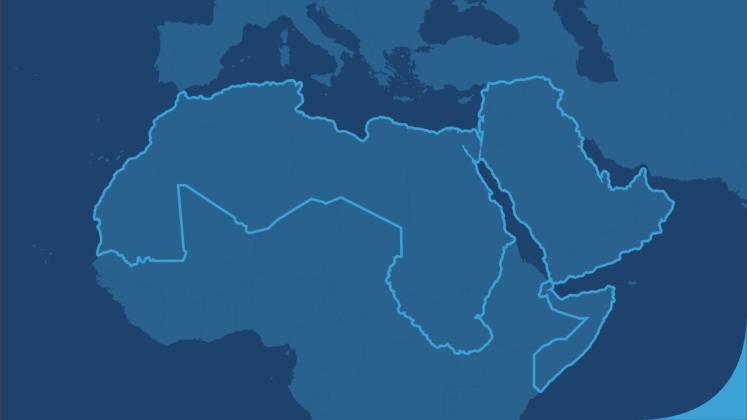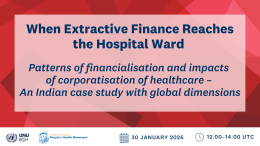Modern slavery is considered one of the most lucrative activities of international organized crime, and certainly one of those with the highest human cost. There is an increasing comprehension of the scope and seriousness of modern slavery among key stakeholders such as international organizations, public authorities and members of the financial industry. However, recognition of the problem and its magnitude is insufficient, calling for concerted efforts of different key actors to combat it.
An estimated 50 million individuals are enslaved worldwide, either through forced labour or forced marriage, equivalent to 6.4 individuals per thousand individuals. All regions and countries in the Middle East and North Africa (MENA) region have reported being affected by modern slavery and human trafficking. In fact, every country in the MENA region has presented itself before the UN Human Rights Council since 2006 to discuss human trafficking, emphasizing the legal violations that have occurred despite ongoing efforts to address trafficking. Those included in the Middle East and North Africa Financial Action Task Force (MENAFATF) have the highest prevalence of forced labour in the world.
The role of financial intelligence is central to the fight against modern slavery and human trafficking (MS/HT). Financial evidence helps to counter challenges such as a heavy reliance on the victim’s testimony or insufficient evidence to implicate perpetrators during an investigation or prosecution. Moreover, financial seizures of illegally acquired money from MS/HT can be redirected to victims as a form of remedy.
This Handbook, intended for Financial Intelligence Units (FIUs), law enforcement, judiciary and academia, provides a deep-dive reflection into the MS/HT reality in the MENA region, and considers crisis, conflict and irregular migration conditions, all factors which can multiply MS/HT risks. The Handbook also provides country-specific highlights of the MS/HT landscape for all MENAFATF Member States.
The Handbook proposes the financial sector implement the following measures to enhance the effectiveness of efforts in combating MS/HT in the MENA region:
- Include modern slavery and human trafficking in national risk assessments;
- Undertake risk-based monitoring of transactions relating to high-risk industries and countries and trafficking channels relevant to the region;
- Promote financial inclusion;
- Establish public-private partnerships (PPPs);
- Strengthen asset recovery processes; and
- Promote and engage in international cooperation.
Access "Mitigating Modern Slavery and Human Trafficking Risks in the MENA Region: The Role of Financial Intelligence Units" here.
Suggested citation: Nadine Kambriss. Mitigating modern slavery and human trafficking risks in the MENA region: the role of financial intelligence units : UNU-CPR, 2024.




